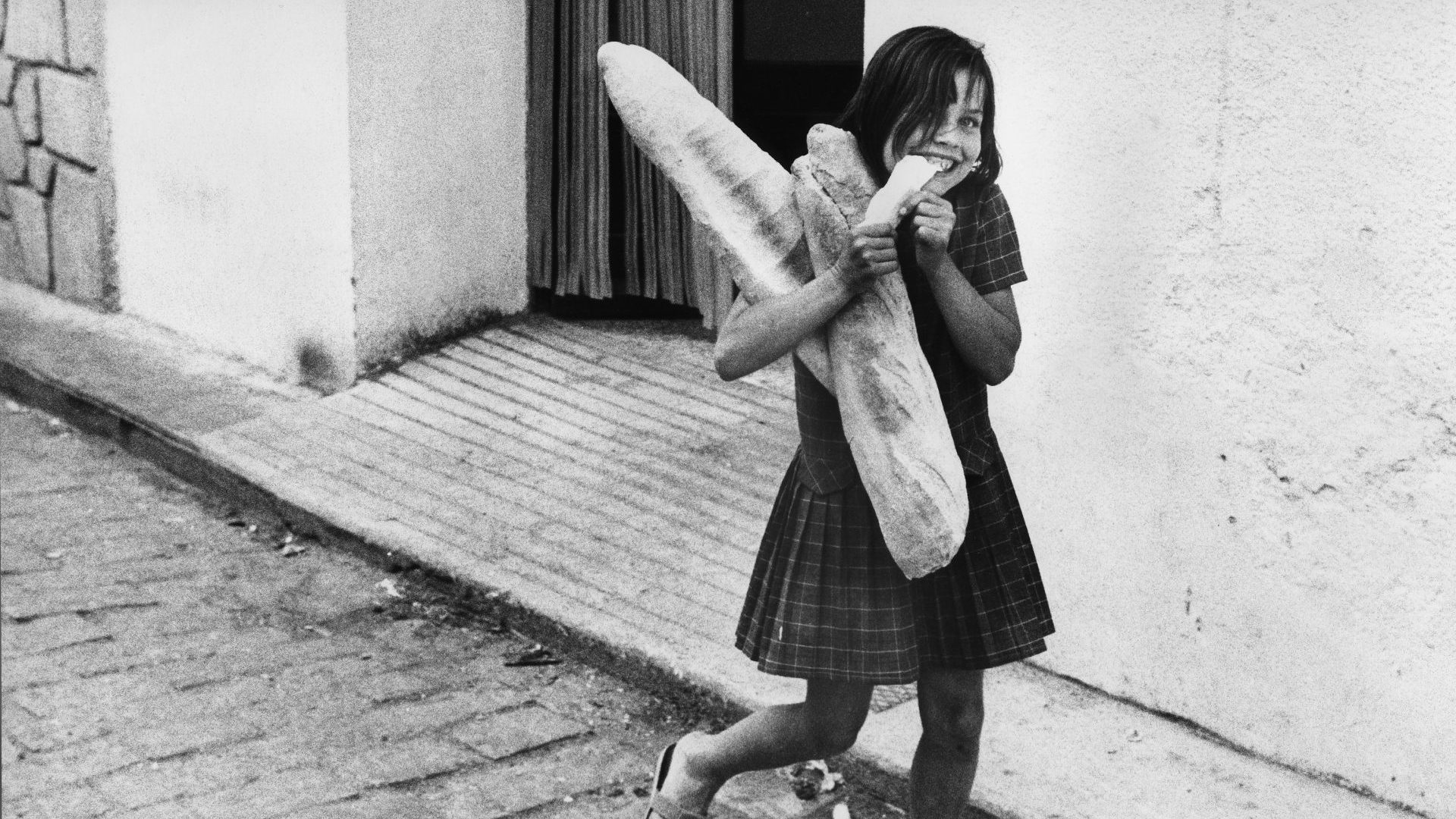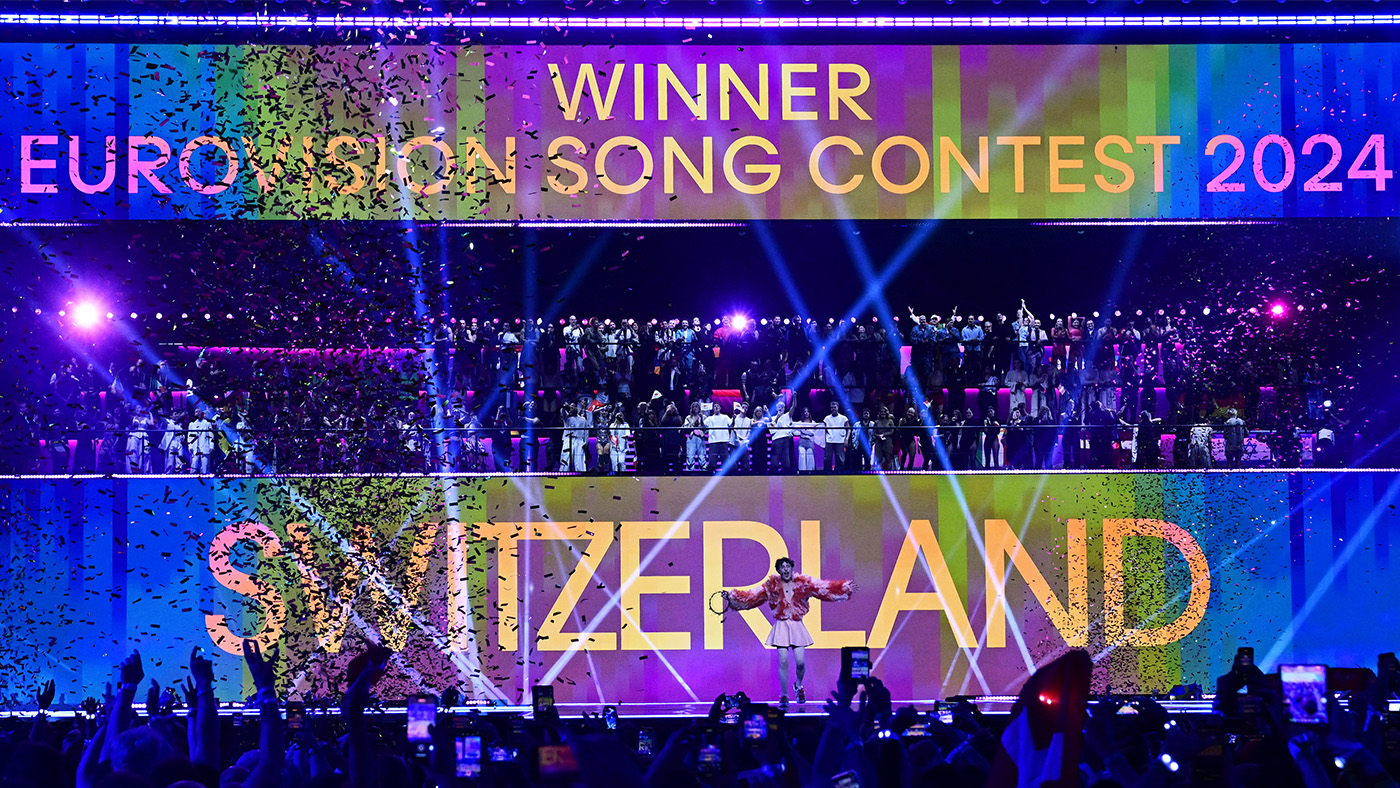To me the word “baguette” evokes childhood memories of holidays in France and the morning smell of fresh bread being pulled from an oven by a baker wearing oversized gloves.
Tearing off a handful and eating that crusty end while the soft centre was still hot was one of life’s true pleasures, and something I had never experienced at home in the UK. It’s so very very French, the baguette, non?
The word “baguette” translates as stick or baton, which is apt as the baton – el testigo – is now being passed to the Spanish. Europastry, a Barcelona-based firm, is behind a new wave of baked goods normally associated with France. The firm has more than doubled its sales in the past seven years and now has revenue of €1.35bn, selling across western Europe and the US, to Starbucks, Pret A Manger and the Manolo Bakes chain in Spain.
Its Hispanic baguettes, as well as croissants and other pastries, are mass-produced in factories, frozen then packed on to vans. It’s something, perhaps, that very few people sitting in a cafe with their morning latte or cappuccino give much thought to.
Jordi Gallés, Europastry’s executive president and son of its founder, told the Financial Times: “In a blind test you can’t tell which is which. That’s the key to what we do: replicating the quality of a fresh product in a frozen product.”
The old artisanal baker is not as prevalent in France as you might think. A quarter of all pastries and sweet goods sold in France in 2021 were pre-made and frozen. That compares with 21% in the UK, 13% in Spain and 17% in the US. These figures are predicted to rise.
Europastry now has 27 factories in seven countries. It has plans to boost its brioche-making production in Madrid and is building a cookie-making facility in the Netherlands.
Everything is made according to traditional recipes and flash frozen on site. The recipient defrosts and bakes them in an oven for 15 to 20 minutes – when you walk into your favourite coffee shop, the fresh baking smell that permeates the air is the aroma of a defrosting delicacy.
They’re not all Spanish made; Europastry’s competitors in the pre-made goods market include French firms Délifrance and Bridor. And the growth of these French firms means that artisan bakers getting up early to knead the dough and fire up the ovens are a dying breed in France, overrun by makers of these “industrial” baguettes and croissants.
It’s hard work and relatively expensive to make a baguette from scratch. Originally the loaf of choice for the Parisian bourgeoisie, the shape and crust takes a lot of physical effort to produce and is inefficient in terms of the space it needs in the oven, compared with other types of bread.
If you’re reading this in a cafe with a coffee and croissant on the table in front of you, with the whiff of fresh baking in the air, chances are it was pulled from a freezer, defrosted then slid into a preheated oven. A task that requires no great skill or expertise.
In a taste test of three croissants for Le Parisien newspaper, Morgane Raimbaud, a pastry chef at a Michelin-starred restaurant in Paris, was asked to pick the winner. The winner was an “industrial” croissant.
Adrian Addison is a freelance journalist based in Barcelona



